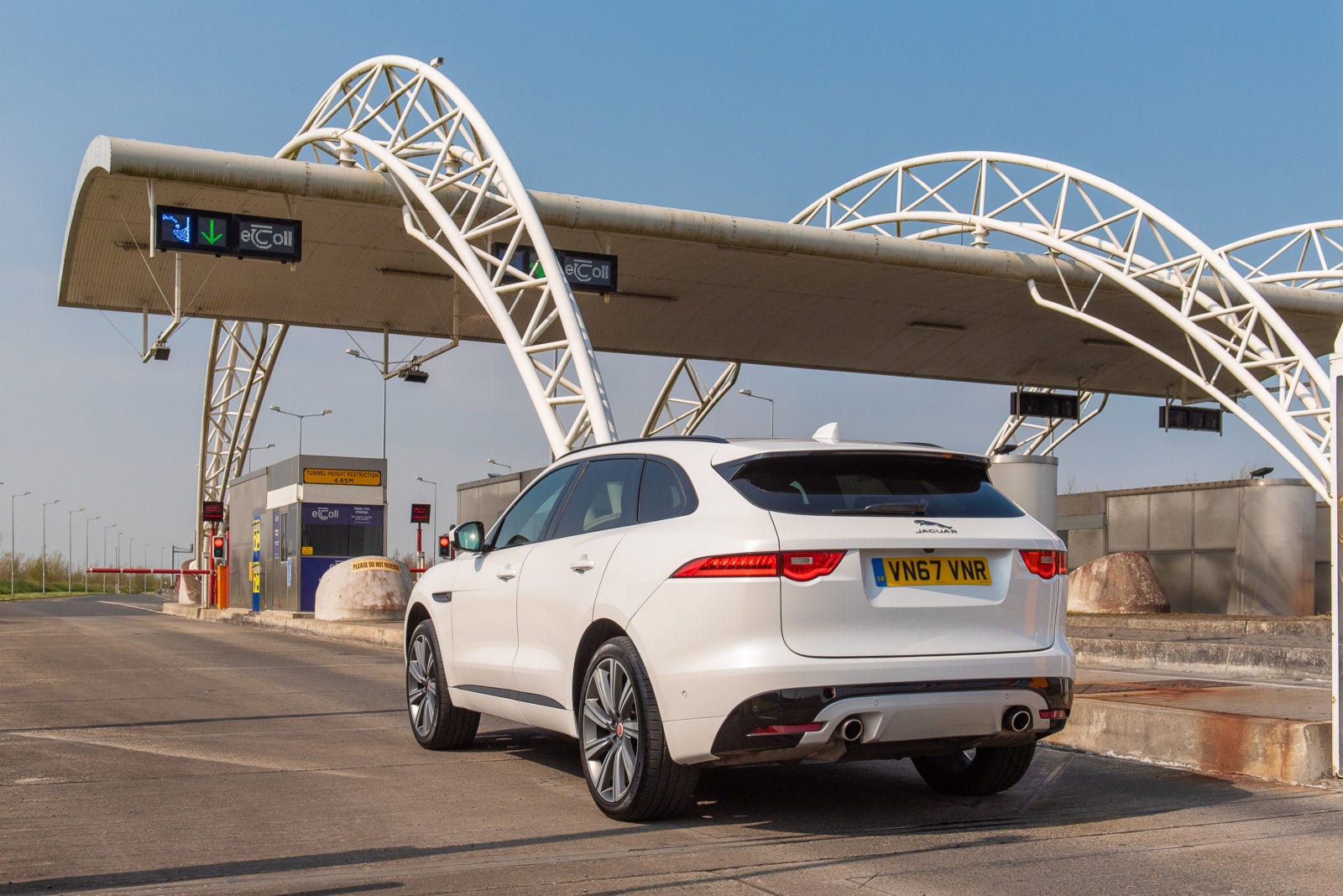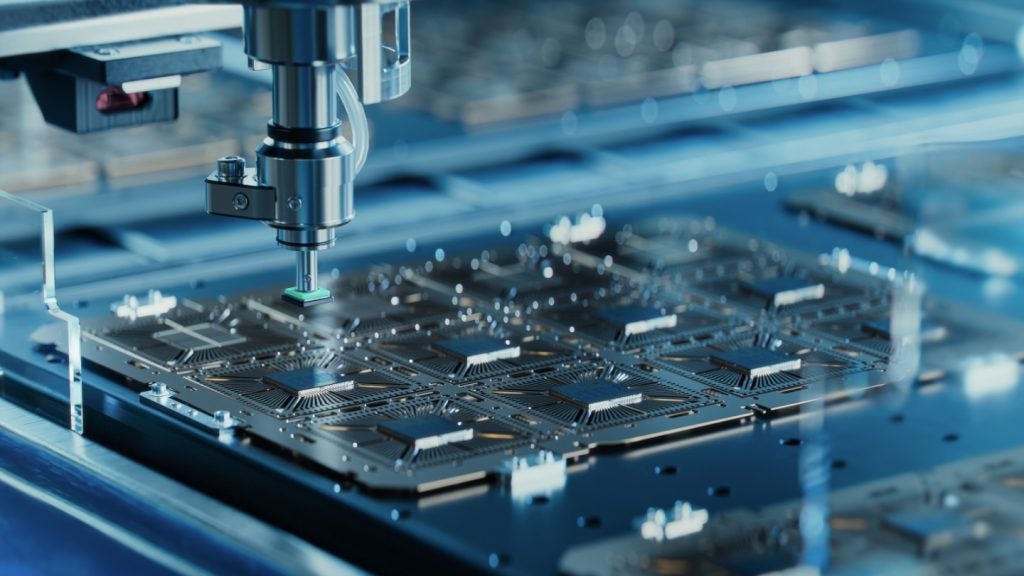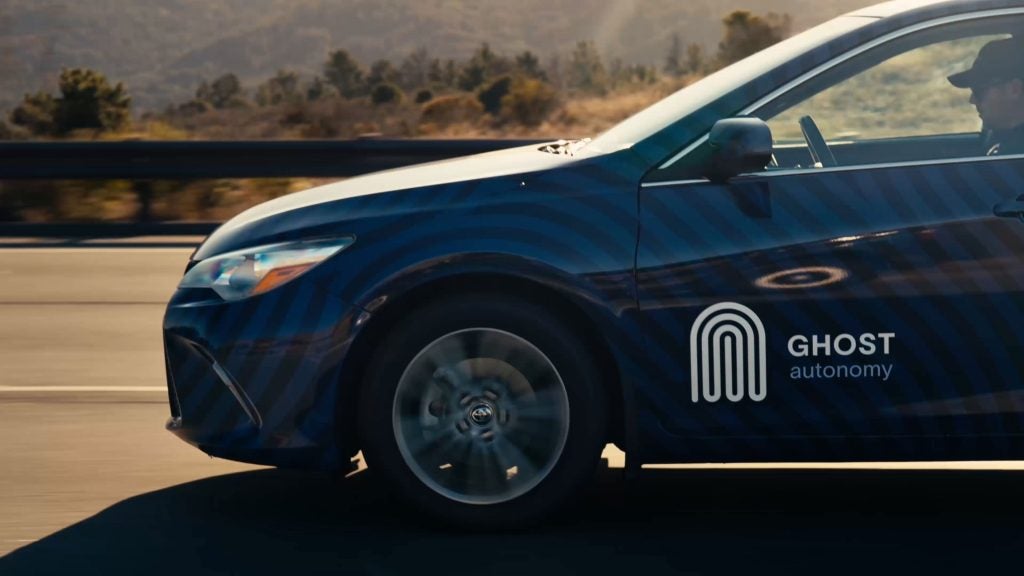
Drivers might soon be able to earn cryptocurrency while they drive thanks to new connected car technology being tested by Jaguar Land Rover.
The British automotive company plans to use smart wallet technology to allow drivers to earn credits for providing valuable data on traffic congestion and road conditions. This information will be automatically collected and processes in vehicles that the owner has allowed Jaguar Land Rover permission to monitor.
Drivers will be able to swap their credits for rewards such as coffee, parking fees, or toll payments.
Jaguar Land Rover has teamed up with blockchain company IOTA Foundation to develop this smart payment system.
IOTA’s open-source distributed ledger technology is being built to “power the future of the Internet of Things”. Unlike similar systems, IOTA’s system, the Tangle, requires no transaction fees and has technology built in that will stop its blockchain from running into the scalability issues suffered by Bitcoin.
Transactions are not grouped into blocks as they are on Bitcoin’s Proof of Work system, which lowers the amount of computer processing power needed to verify them. In order to participate, the Tangle network asks users to verify two previous transactions in order to have one transaction processed. This means that the more activity there is on the network, the faster transactions will be processed.
How well do you really know your competitors?
Access the most comprehensive Company Profiles on the market, powered by GlobalData. Save hours of research. Gain competitive edge.

Thank you!
Your download email will arrive shortly
Not ready to buy yet? Download a free sample
We are confident about the unique quality of our Company Profiles. However, we want you to make the most beneficial decision for your business, so we offer a free sample that you can download by submitting the below form
By GlobalDataThe technology is currently being trialled at Jaguar Land Rover’s new software engineering lab in Shannon, Republic of Ireland.
“Our Shannon software development centre is advancing the use of cryptocurrency to make people’s lives better, by allowing drivers to safely share data and make payments from their vehicles,” said Nick Rogers, Executive Director of Product Engineering for Jaguar Land Rover.
“Our distributed ledger technology is perfectly suited to enable machine-to-machine payments for smart charging, parking and tolls, in addition to creating opportunities for drivers to earn their own digital currency,” added Holger Kother, director of partnership for IOTA Foundation.
Drivers will also be able to top up their smart wallets using traditional payment methods in order to pay for services while in their vehicle.
Economy of data
As well as earning money, drivers will also benefit from reduced congestion and fewer accidents. This is part of Jaguar Land Rover’s Destination Zero strategy. The company hopes to reduce emissions, accidents and congestion to zero, all while manufacturing vehicles that can think autonomously.
With the automotive and technology industries racing to develop the first consumer-friendly autonomous vehicles, Jaguar Land Rover believes that a developing a shared economy that rewards both sides will give it an upper-hand by providing “useful” data and insights.
“In the future an autonomous car could drive itself to a charging station, recharge and payment, while its owner could choose to participate in the sharing economy – earning rewards from sharing useful data such as warning other cars of traffic jams,” said Russell Vickers, Software Architecture for Jaguar Land Rover.
The global autonomous vehicle market expected to be worth $173.2bn by 2030 according to Frost & Sullivan.
Read more: Modular driverless car has swappable bodies for deliveries, taxi services and beyond






